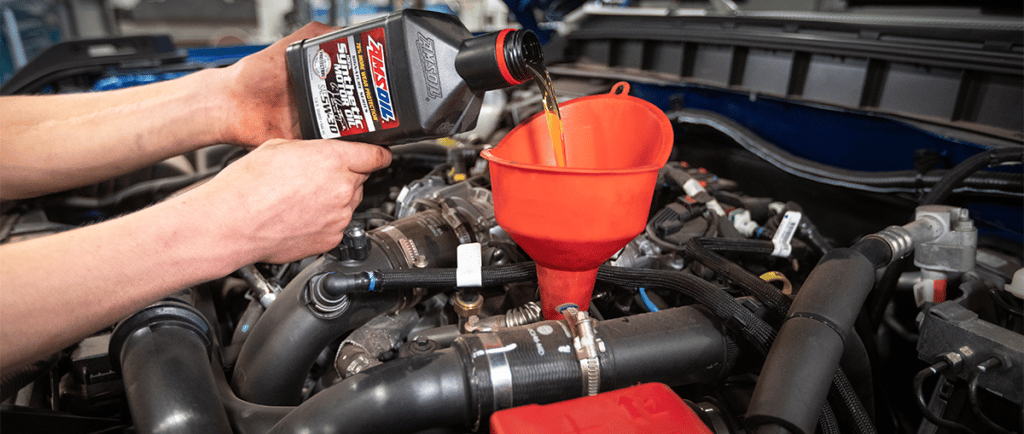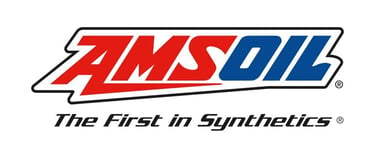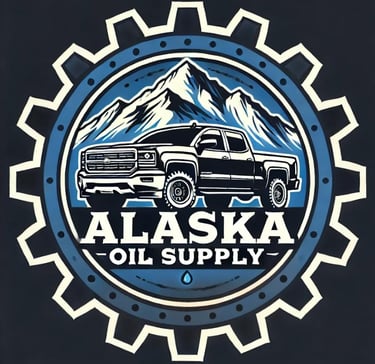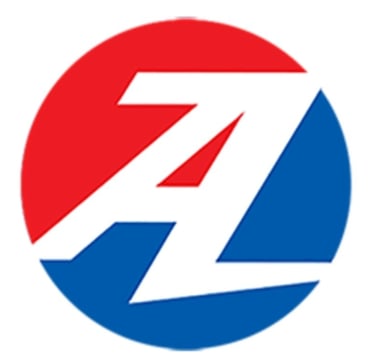VISIT THE AMSOIL ONLINE STORE
HOW MUCH IS IT FOR AN OIL CHANGE?
Oil changes vary in cost due to type of oil, brand of oil, extended drain oil and more. This blog covers the various aspects of what goes into the cost of an motor oil change.
The cost of an oil change varies depending on where you get it done and the type of oil your vehicle requires. There are four main ways to get an oil change: doing it yourself, using a quick lube service, going to a dealership, or visiting an independent mechanic. Each option has its own cost considerations, which include not just the price of oil but also labor, convenience, and additional services.
Doing It Yourself
Changing your own oil is the most cost-effective option, as you only pay for the materials. This includes motor oil, an oil filter, and possibly a drain plug washer. If you don’t already have tools like an oil pan, wrench, and gloves, there may be an initial investment. While this method saves money on labor, it requires time, effort, and a safe place to perform the change. Additionally, disposing of the old oil properly is an extra responsibility.
Quick Lube Services
Quick lube shops offer a convenient and fast option for an oil change. These businesses specialize in express service, often completing the job in under 30 minutes. Prices at these locations vary based on the type of oil used—conventional, synthetic blend, or full synthetic. Many quick lube shops offer additional services such as fluid top-offs, filter replacements, and inspections, which can add to the total cost. The main advantage is the speed and ease of service, but some drivers prefer a more thorough approach from a mechanic.
Dealership Oil Changes
Getting an oil change at a dealership can be more expensive than a quick lube, but it comes with benefits. Dealerships use manufacturer-recommended oil and filters, ensuring that the service meets warranty standards. They also have technicians familiar with your specific vehicle make and model, which can be reassuring for newer or high-performance vehicles. Additionally, dealerships may offer multi-point inspections or maintenance recommendations, making it a good choice for long-term vehicle care. However, appointments may be necessary, and wait times can be longer than at quick lube locations.
Independent Mechanics
Local auto repair shops and mechanics fall between quick lube services and dealerships in terms of cost. They often provide personalized service and may use high-quality oil and filters at a lower price than a dealership. Mechanics might also inspect your vehicle more thoroughly and offer honest advice about future maintenance needs. The downside is that the service may take longer than a quick lube, especially if the shop is busy.
Ultimately, the best option depends on your budget, time, and preference for service quality.
Note: This article is the opinion of the writer. Please ensure you consult your equipment or vehicles owner manual or a qualified mechanic for further details concerning your specific needs.







